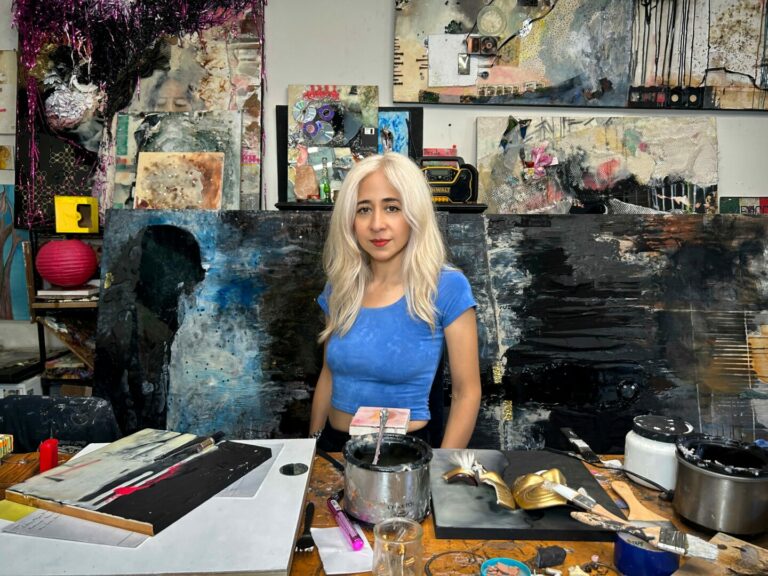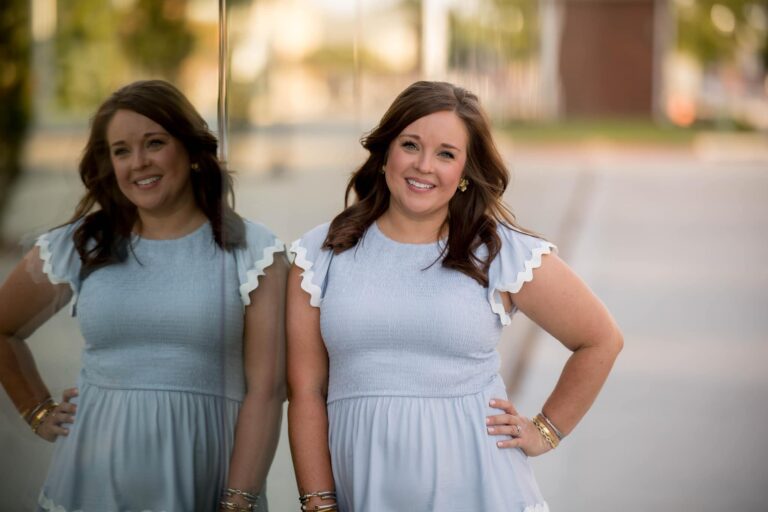Learning from one another is what BoldJourney is all about. Below, we’ve shared stories and insights from phenomenal artists, creatives and entrepreneurs who’ve successfully managed to overcome imposter syndrome.
Tisha Dolton

I still struggle with imposter syndrome. For me, it comes from a place of wanting to be perfect. The idea I that could not claim to be something if I was not the best at it, if I lacked the credentials to back it up. I allowed those thoughts to hold me back for a long time. I would lift up others, but not myself. Read More>>
Louis Katz

Ha! Imposter syndrome is a beast. It comes and goes, and I’ve found that at least for me, it’s never completely gone. So how do we present ourselves credibly if we’re suffering from a bout of the “I’m a fraud, and everybody knows it!” situation? It’s a three-step process, which I use as one of my courage exercises: Breathe. Decide. Move. Read More>>
Dustin Delaune

Overcoming imposter syndrome has been an ongoing process for me. When I first stepped into leadership roles, especially as President of Ascension Community Theatre, I sometimes felt like I wasn’t ‘qualified enough’ or that others had more experience. But I learned to shift my perspective—reminding myself that my passion, dedication, and willingness to learn were just as valuable as any credential. Read More>>
Hank Failing

I feel like I have imposter syndrome all the time, so in some ways I have never overcome it, but I feel like because I feel like I have imposter syndrome all the time, acknowledge it all the time, and think about it, it’s my way of getting over it. Read More>>
Jules
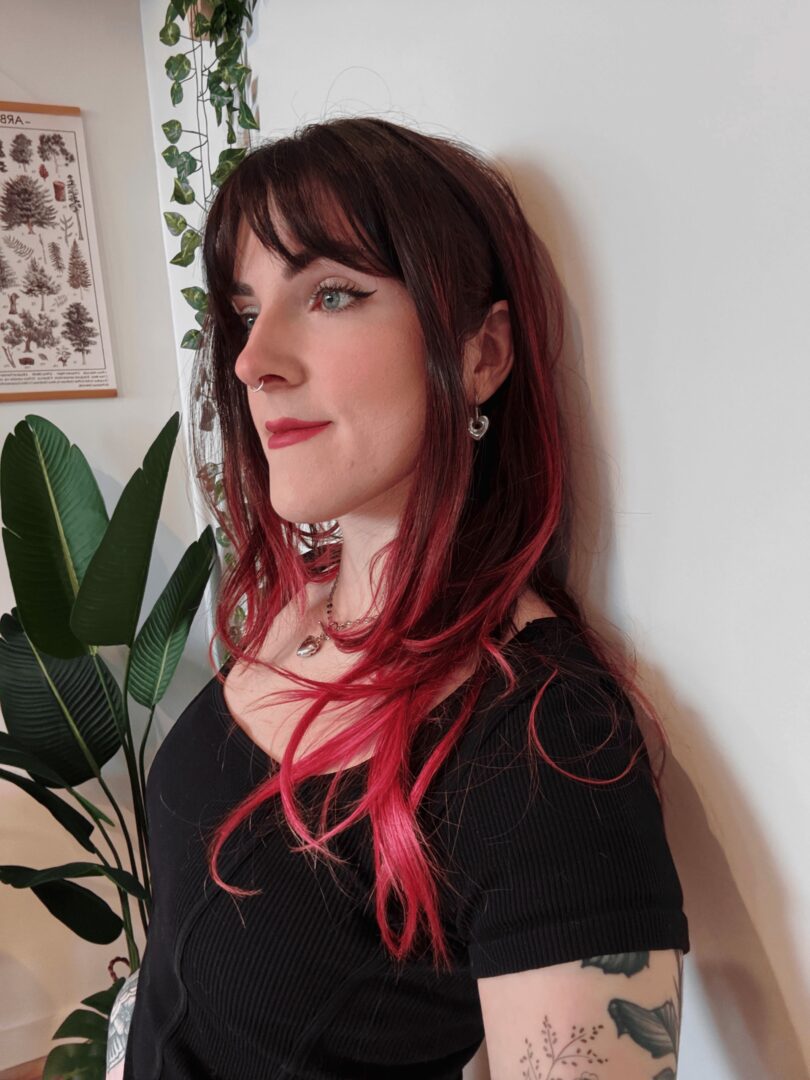
For me, overcoming imposter syndrome was not an easy task, being that I am essentially a self-taught tattoo artist. I have had help here and there from others who offered me guidance, but most of my journey was started alone, fueled only by the strong will to enter this industry. I have always wanted to be an artist all my life. I’ve always been creative. Read More>>
J-ryze Fonceca
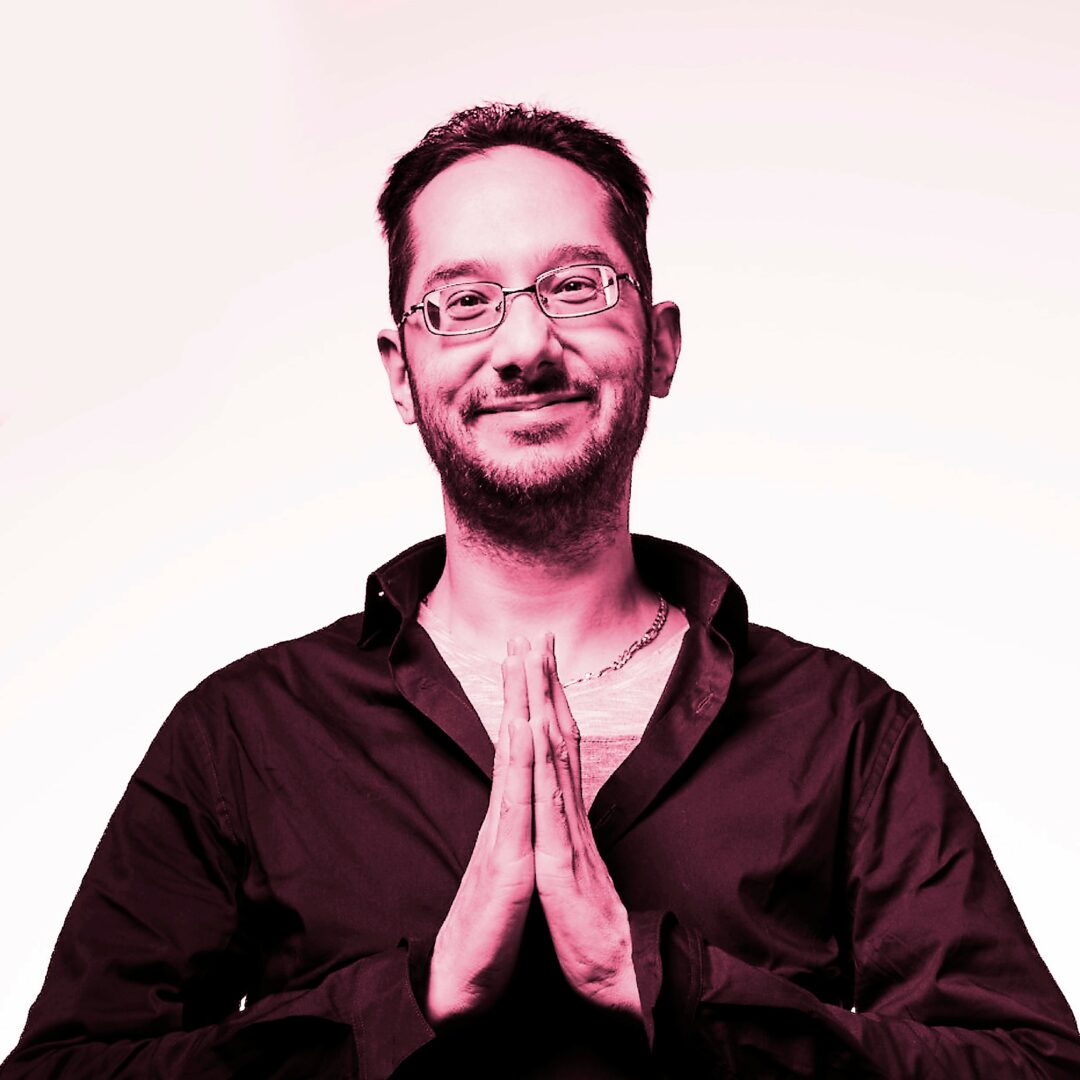
Well, I spent three years as a success coach and the whole time… I was homeless.
It doesn’t get much more “imposter syndrome”, than that.
But there were a few perspective shifts that helped me deal with it.
1. I realized that as long as you can provide value, and help someone else go from A to B, nothing else is relevant. Not your age, not your experience, not your resume, not your life circumstances, marital status, nothing. Read More>>
Aimee/natalie Kaplan/roehrs
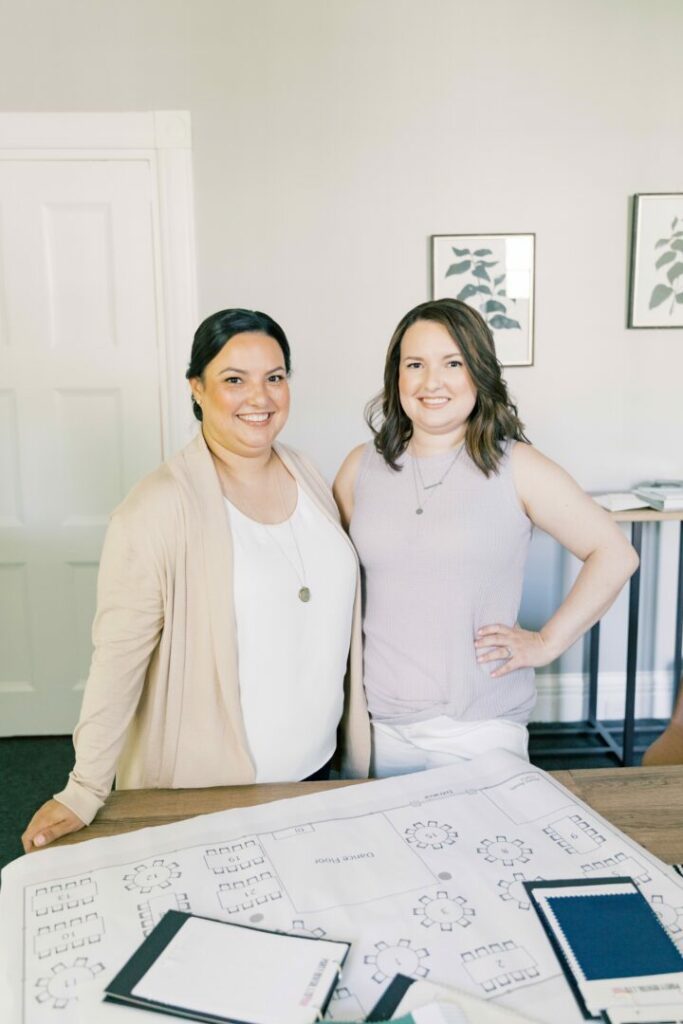
We stood under the bare frame of the 49×98 tent and surveyed the space in front of us overlooking the marina. After months of planning and preparation, it was time to bring everything together and make magic. Over the course of the next six hours we managed the installations: the decor company draped the ceiling of the tent with flowing white fabric and hung three humongous crystal chandeliers, the rental company delivered furniture, tables, chairs, and bars, and the floral team delivered three 10ft white cherry blossom trees, hundreds of candles, and rows upon rows of arrangements filled with baby’s breath, delicate white roses, and anemones. Read More>>
Kathrina Davila

To this day I find that I’m still finding different ways to overcome it haha, but when I do find myself with these worries and fears, I try to turn those thoughts into fuel that pushes me to work harder and refine my craft. Once I’m in the zone of either composing or playing piano I find that those thoughts go away and it becomes all about the art. I notice that I tend to have these negative thoughts when I’m feeling overwhelmed so it also helps to just take a step back and look at the bigger picture. Read More>>
Julia Miller
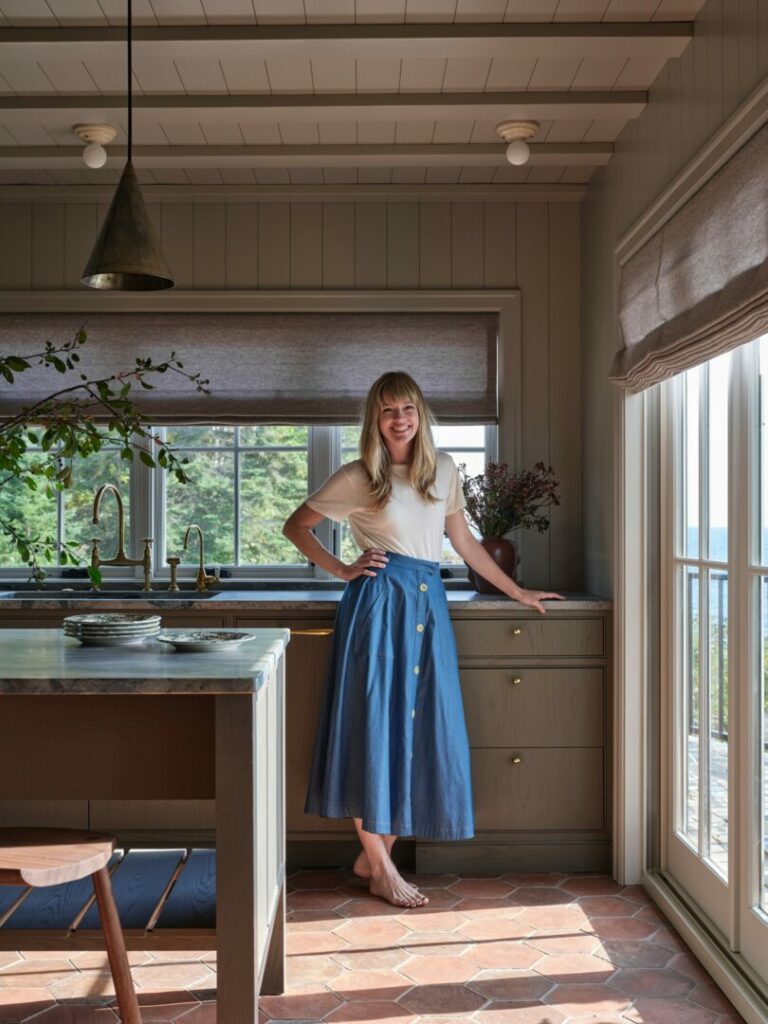
While I can’t claim to be fully over imposter syndrome, I do believe that freedom from the concept comes through belief in yourself and focus on the task ahead of you. In the world of interiors there are endless beautiful images, inspiring projects and talented designers. There will always be someone that has something you’re aspiring to. Read More>>
Kelsey Warren
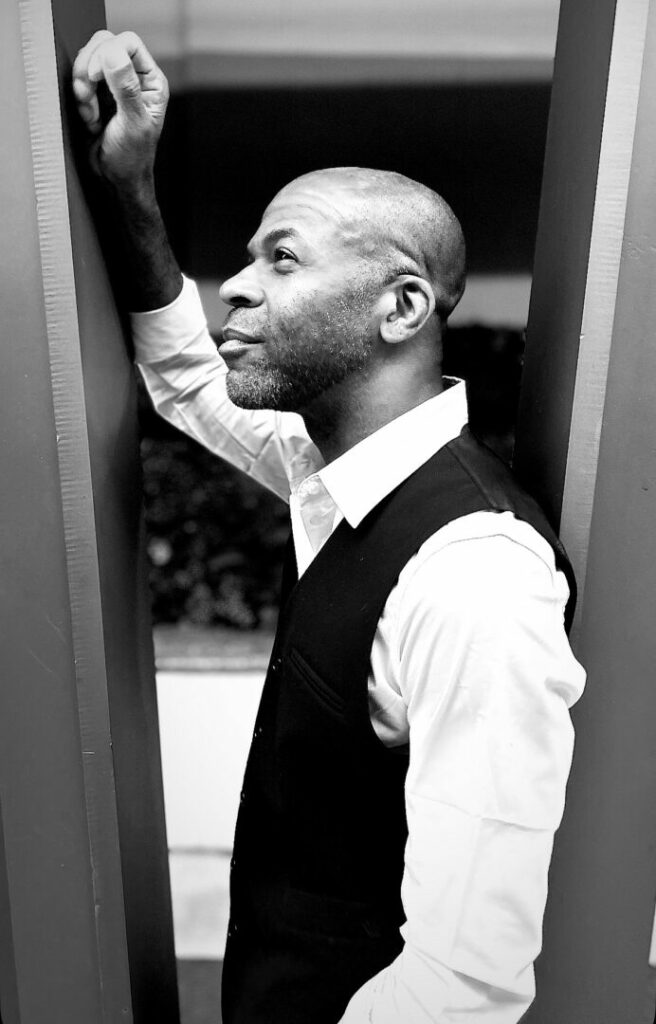
Imposter syndrome is kind of like alcoholism in my opinion. You can fall victim to either or receive treatment and experience the joys of recovery. But even after you’re treated, those dark thoughts might creep into your brain once in awhile. The solution is not to give into it or “fall off the wagon.” Read More>>
Megan Crowell Abbey Orozco

For Megan, overcoming imposter syndrome began when life gave her no other choice. Working in the service industry, she knew it was not where she was meant to be long term. Working into the wee hours of the night and other factors made it not a good fit for her if she wanted to grow her family. Read More>>
Hallie Corbett
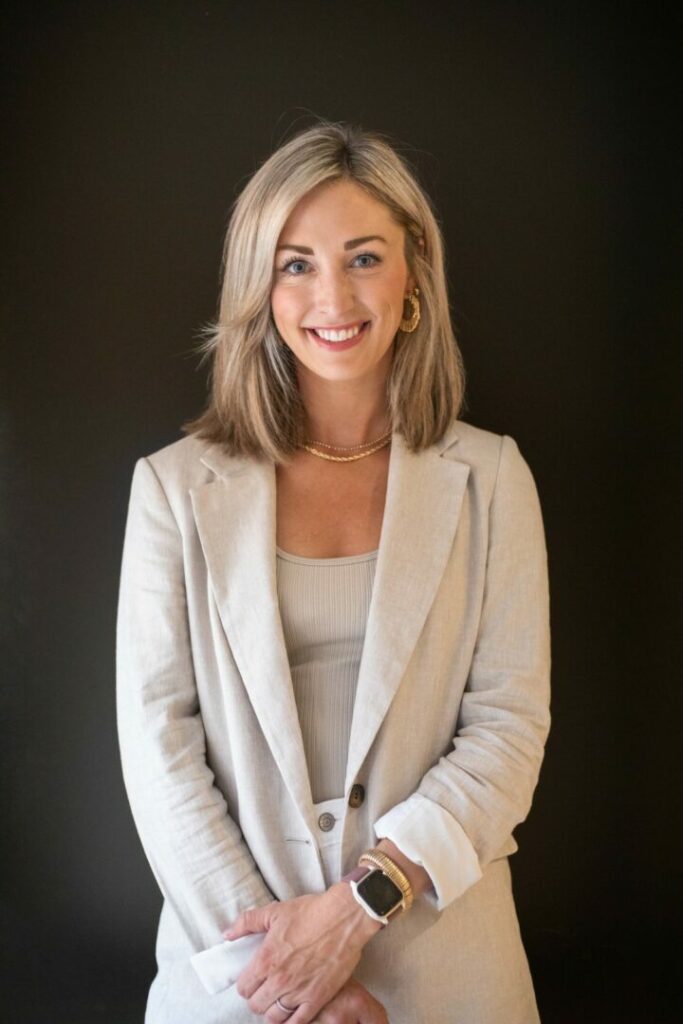
Since finishing my master’s program in counseling, I’ve worked in the mental health field—not as a therapist, but as an operations leader who thrives when it comes to implementing and optimizing strategy and fostering innovation. My passion for helping individuals struggling with mental health challenges led me to a broader impact: improving both the clinician and client experience through streamlined processes, creative solutions, and a relentless commitment to excellence. Read More>>
Hailee Fortuin

I used to struggle with imposter syndrome a lot more in the earlier stages of my career. But the further I got into it, the more comfortable I became. Now, I don’t really deal with it anymore. I recently saw an interview with Olympic rugby player Ilona Maher where she talked about how hard she’s worked and how that’s why she doesn’t get imposter syndrome—because she knows she’s earned everything she has. That really resonated with me. I’ve been braiding for 10 years, and I know what I’m doing. Read More>>
Grace Colangelo

It took quite a while for me to overcome imposter syndrome, and it’s something I’m still working on, to be honest. I graduated high school in a class of 36 and was the only one continuing music after graduation, so I was used to being the “music girl”. Getting to college was totally different. It was refreshing to be surrounded by people who were also nerdy about music theory and history, but it was also a reality check that I wasn’t the only one anymore. I felt this constant need to prove myself, especially as a composer. Read More>>
Debbie Cunningham

I was turning 40, when I decided I wanted to realize my dream to become a professional jazz singer. I had put my music aspirations on pause to be a stay at home mom and raise my kids. That year, my kids were 6 and 9 years of age, and I couldn’t shake the feeling that at the end of my life, I would regret not giving myself a chance to accomplish those dreams. I think imposter syndrome often seeks to stop us, even before we start. Read More>>
Audrey Lawson-sanchez

For me, overcoming imposter syndrome has been about shifting from a scarcity mindset to one of abundance. I recognize that real structural barriers exist—especially for women—but imposter syndrome is a unique kind of scarcity. It tricks us into believing that only a select few deserve a seat at the table, that there’s a limited number of opportunities, and that if we don’t fit a certain mold, we aren’t qualified. That kind of thinking doesn’t just hold us back—it holds back the work we care about. Read More>>
Schayna Hamel
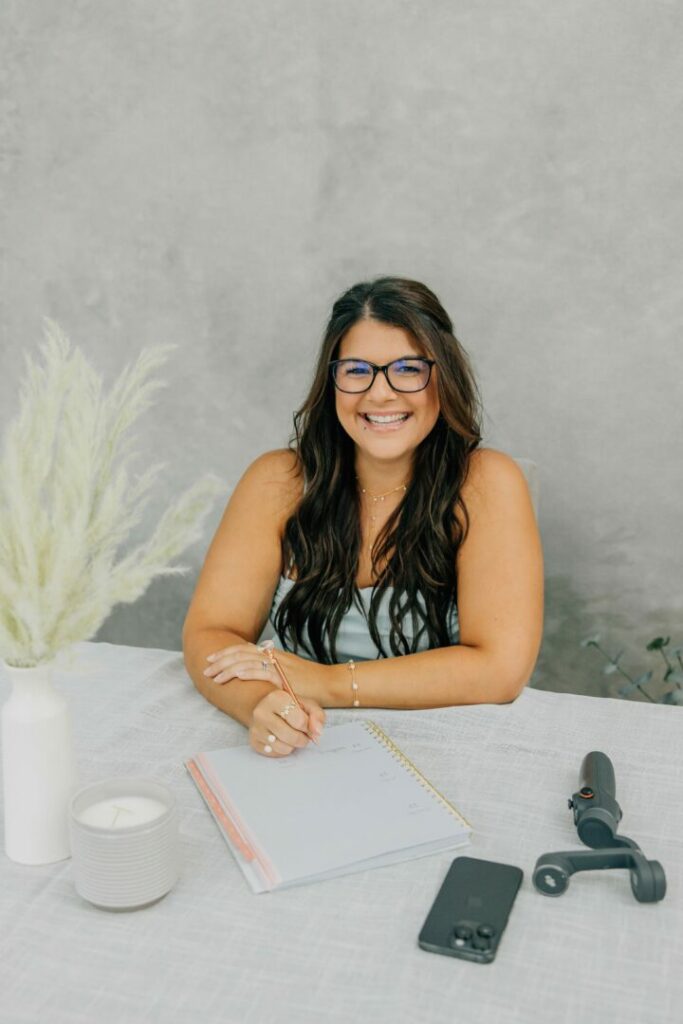
I think imposter syndrome is actually very common and is something many creatives, including myself, experience, especially in a field where comparison is so easy. We’re all our toughest critic, but that’s because we strive for perfection with our craft. I always refer to myself as an ‘introverted extrovert’. With that, I sometimes feel torn between putting myself out there and second-guessing whether I belong in certain spaces. Read More>>
Kelli Bessenaire

Imposter syndrome is a feeling I actively manage, and not one I plan to overcome. When it manifests, I give the feeling space and try to identify the underlying problem. The issue may be negative self-worth stemming from the pressure I feel as a woman to succeed and the tendency to resort to comparison. It may be my fear of failure rooted in traumatic childhood experiences, and an ongoing battle with perfectionism. As a designer, I know that identifying the problem is the first step toward finding a solution. Read More>>




